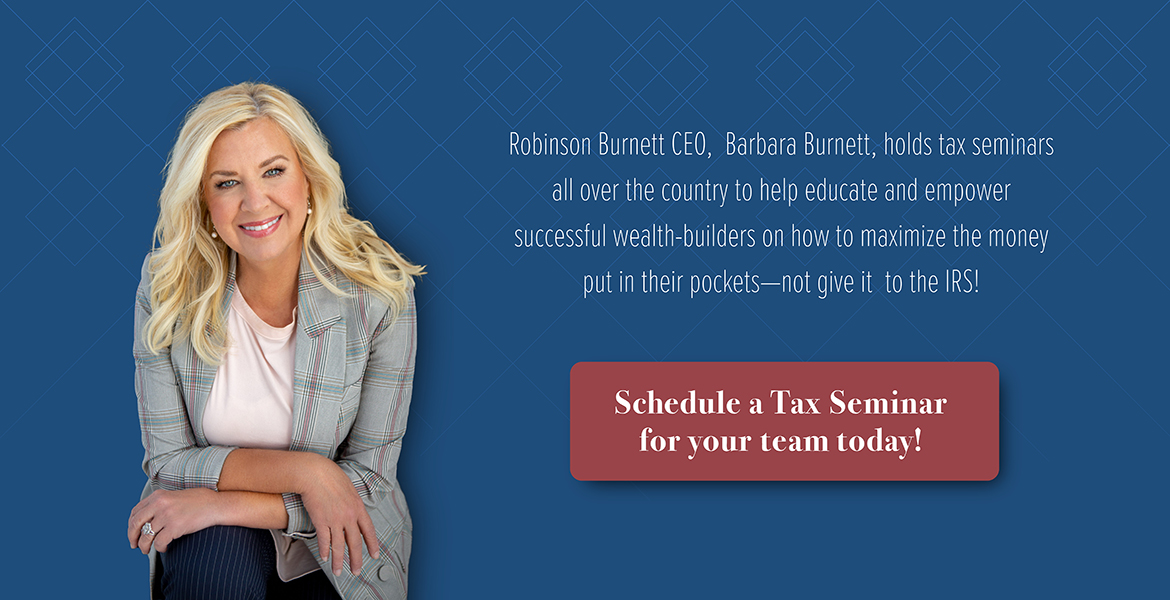In the Know: Self-Employment Taxes
There are so many forms of self-employment – but whether you’re in network marketing, direct selling, multi-level marketing (MLM), an independant contractor or own an LLC – tax season can feel like a daunting time. While there is freedom and flexibility in self-employment, there is also the sole responsibility of paying taxes. According to the IRS, self-employed individuals are typically required to file an annual return and pay estimated taxes quarterly—this includes income tax as well as self-employment tax.

What is the self-employment tax?
If you were to work for someone else’s company, big or small, your paycheck would include your earnings and then several lines of taxes that are being withheld automatically. These include Medicare and Social Security taxes which are required by law for anyone who is earning income. As a result, although individuals who are paid as independent contractors do not have an employer withholding these taxes from their paycheck, they will be subject to what is called the self-employment tax to make up for these taxes.
The self-employment tax is about 15.3% of your earnings. Now, if you’re going back and looking at your old pay stubs, you might add up Medicare and Social Security lines and realize that they only equate to 7.65% of your income. So why are self-employed individuals being charged so much more? The reason is that your employer was covering the other half. As a self-employed individual, you play the role of both the employer and the employee (a great thing in so many other ways), and therefore must pay both halves of these taxes.
Because taxes aren’t withheld from your monthly pay, you’ll need to plan and save to pay for the self-employment tax when April rolls around. There are many variables that impact how much you’ll need to pay, so using a self employment tax calculator is a good starting point to understand your anticipated tax liability.
What frequency is best when paying taxes?
Some individuals may choose to owe taxes at the end of the year. The benefits include minimizing the amount paid to the government throughout the year, and having more cash on hand to grow in an interest-accruing account. Still, for individuals that owe taxes, anticipated or not, the responsibility can feel even greater.
The team at Robinson Burnett and Associates can help with tax planning and tax preparation services to determine the right strategy for you and your business.


